In recent years, there has been a heated debate about whether companies should relocate skilled developers to the United States or tap into global talent by building remote teams in places like Sri Lanka. Despite claims that bringing workers to America is essential for innovation, the reality on the ground tells a different story. Data from cost of living, STEM graduates, and even tech sector layoffs highlight that offshore development in Sri Lanka can be a more cost-effective, efficient, and humane choice. Here’s why:
1. Lower Cost of Living and Operational Expenses
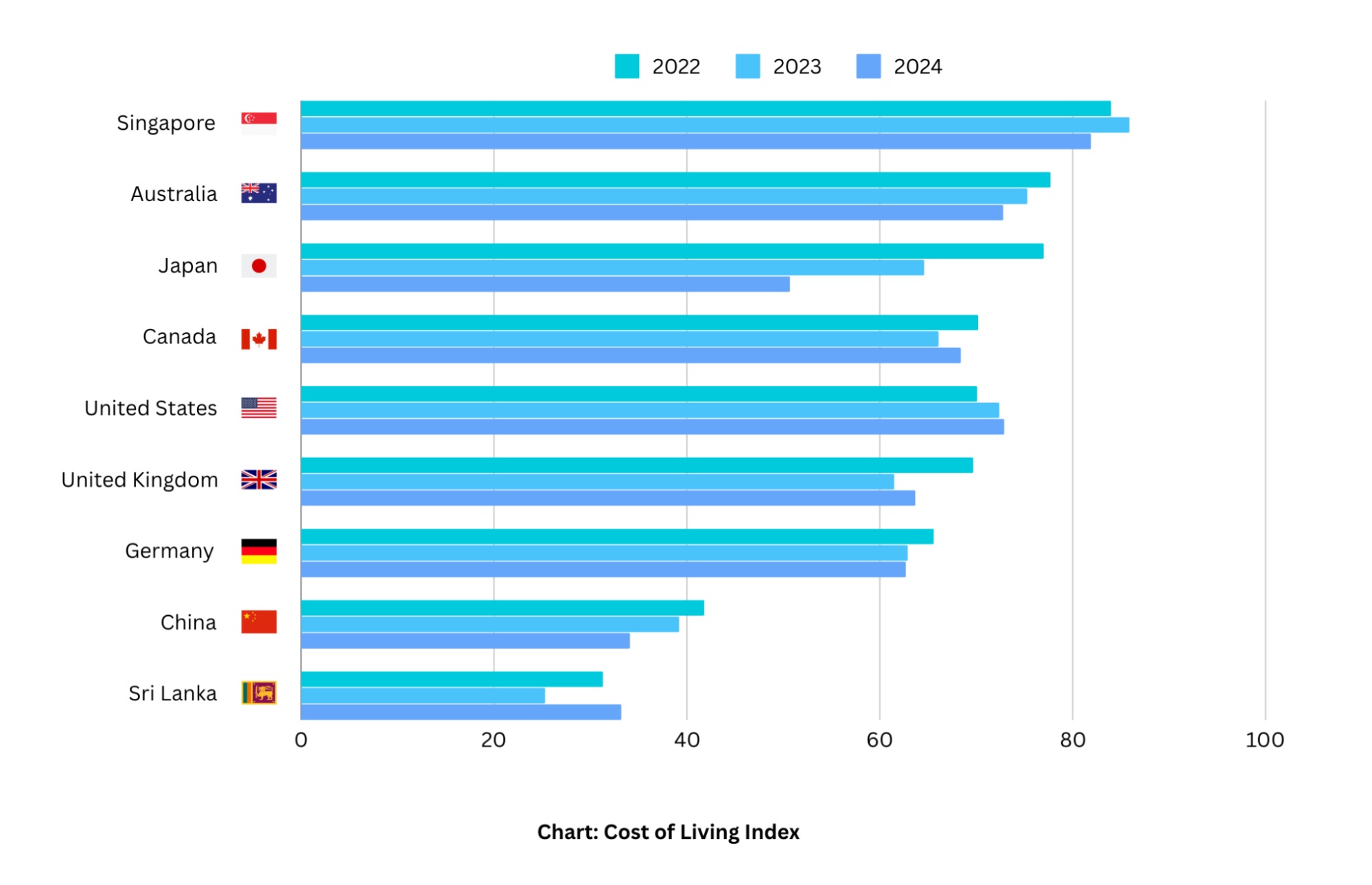
- Cost of Living: The cost of living in major U.S. tech hubs like Silicon Valley, Seattle, or New York is extremely high. In comparison, Sri Lanka has a much lower cost of living. This allows developers to enjoy a higher quality of life at a fraction of the cost.
- Operational Savings: Companies also save on office rentals, utilities, and other overhead costs. These savings can be directed toward research, development, and other growth initiatives.
2. Growing Tech Ecosystem in Sri Lanka
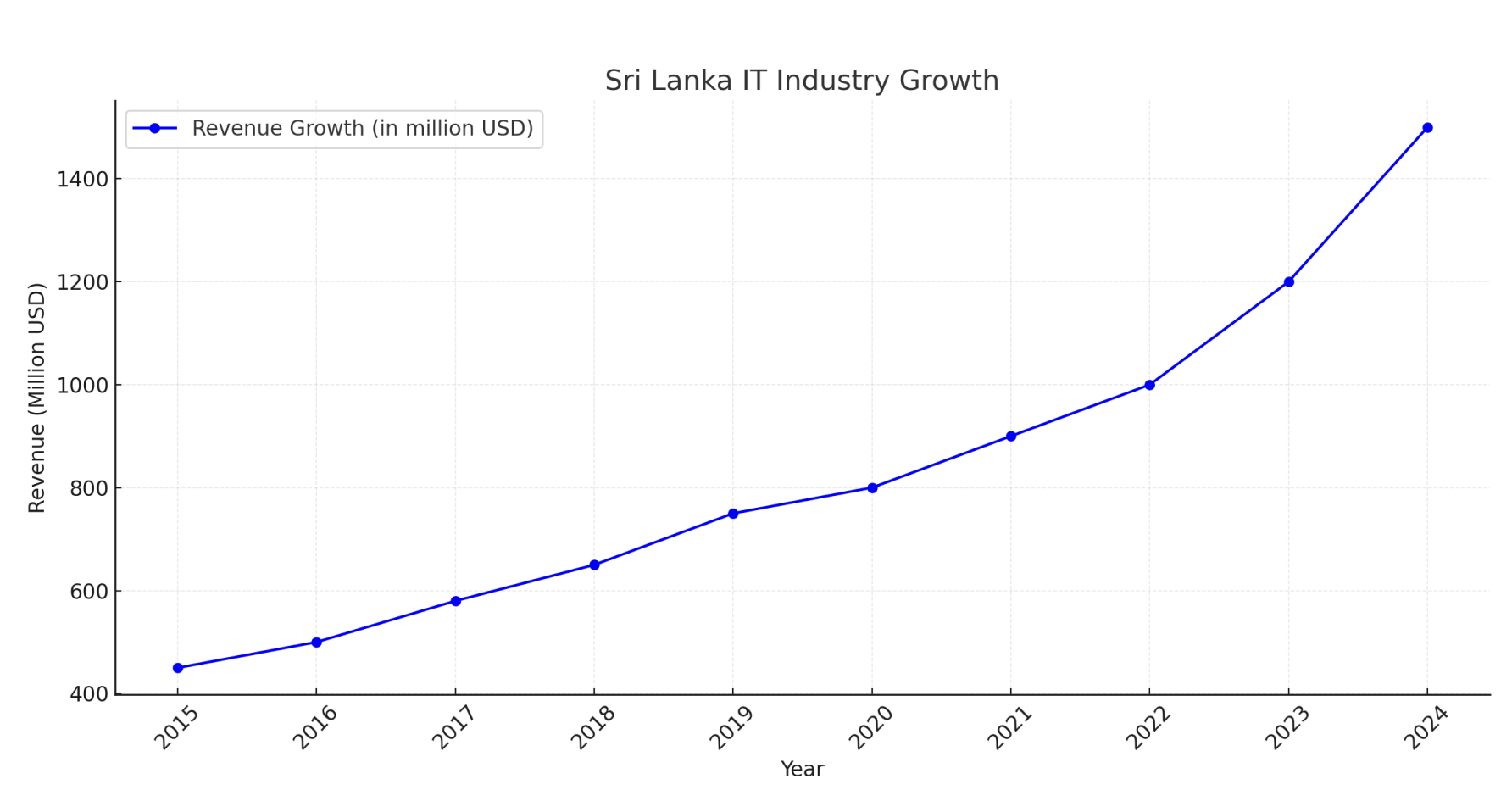
- Rapid IT Growth: Sri Lanka’s tech industry has seen steady growth over the past few years. The government and private sector have invested in quality education, tech infrastructure, and innovation hubs.
- Highly Skilled Talent Pool: Many Sri Lankan universities produce graduates who excel in computer science, engineering, and other STEM fields. This talent is increasingly sought-after by global companies.

3. Skilled Developers, Now Enhanced by AI
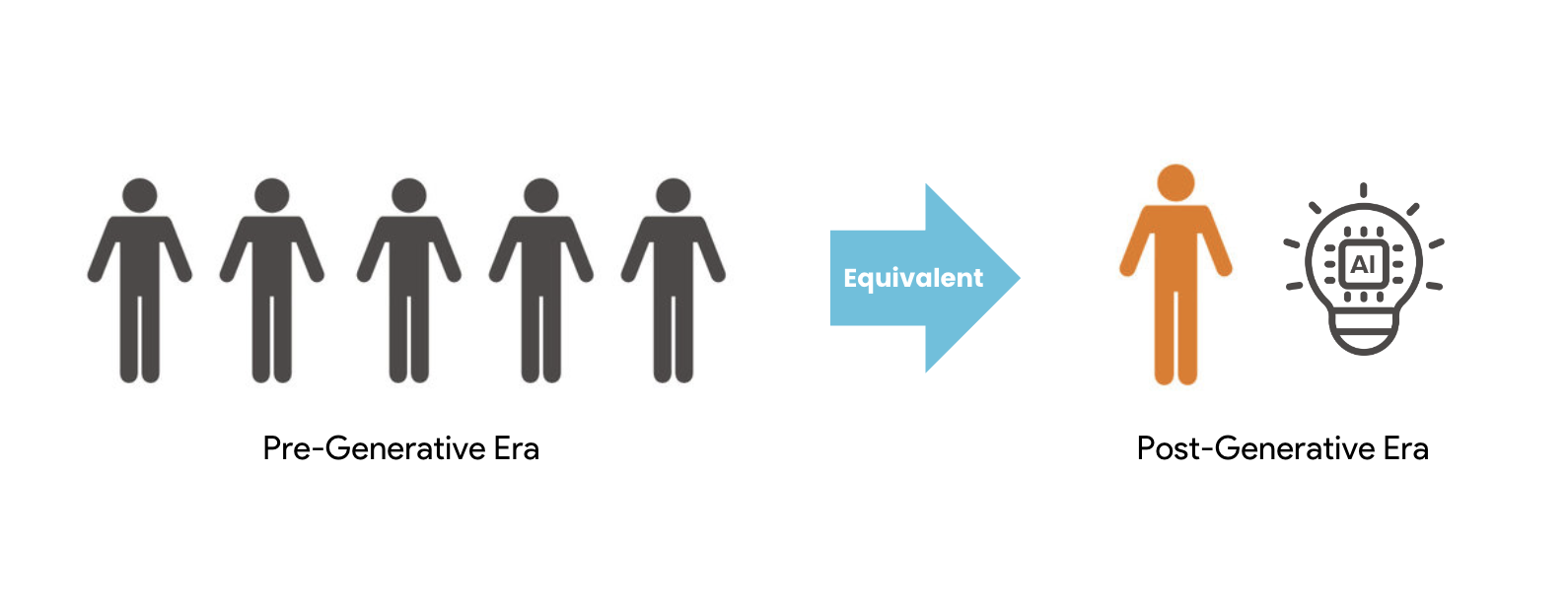
- AI-First Development: New tools like AI-assisted coding platforms enable remote teams to work just as efficiently, sometimes even more so than on-site teams.
- Higher Productivity: Studies show that developers using AI-based tools can complete tasks faster, reduce coding errors, and handle more complex projects. Remote developers in Sri Lanka are well-positioned to leverage these tools, giving companies a competitive edge.
4. Political Climate & Visa Challenges in the U.S.

- Polarized Environment: There has been a surge in anti-immigration sentiment in certain segments of American politics. Even tech-savvy leaders and popular figures like Elon Musk sometimes face pushback from their own supporters when defending work visas.
- Racism & Social Stress: Indian-American lawmakers and skilled workers have reported racist attacks or hostility for being seen as “job takers.” This climate can be mentally exhausting and harmful for relocated developers.
- H1B Visa Uncertainties: The U.S. has a strict visa cap (currently 85,000 H1B visas a year), high rejection rates in certain periods, and ever-changing regulations. The process is expensive, time-consuming, and unpredictable for both businesses and employees.
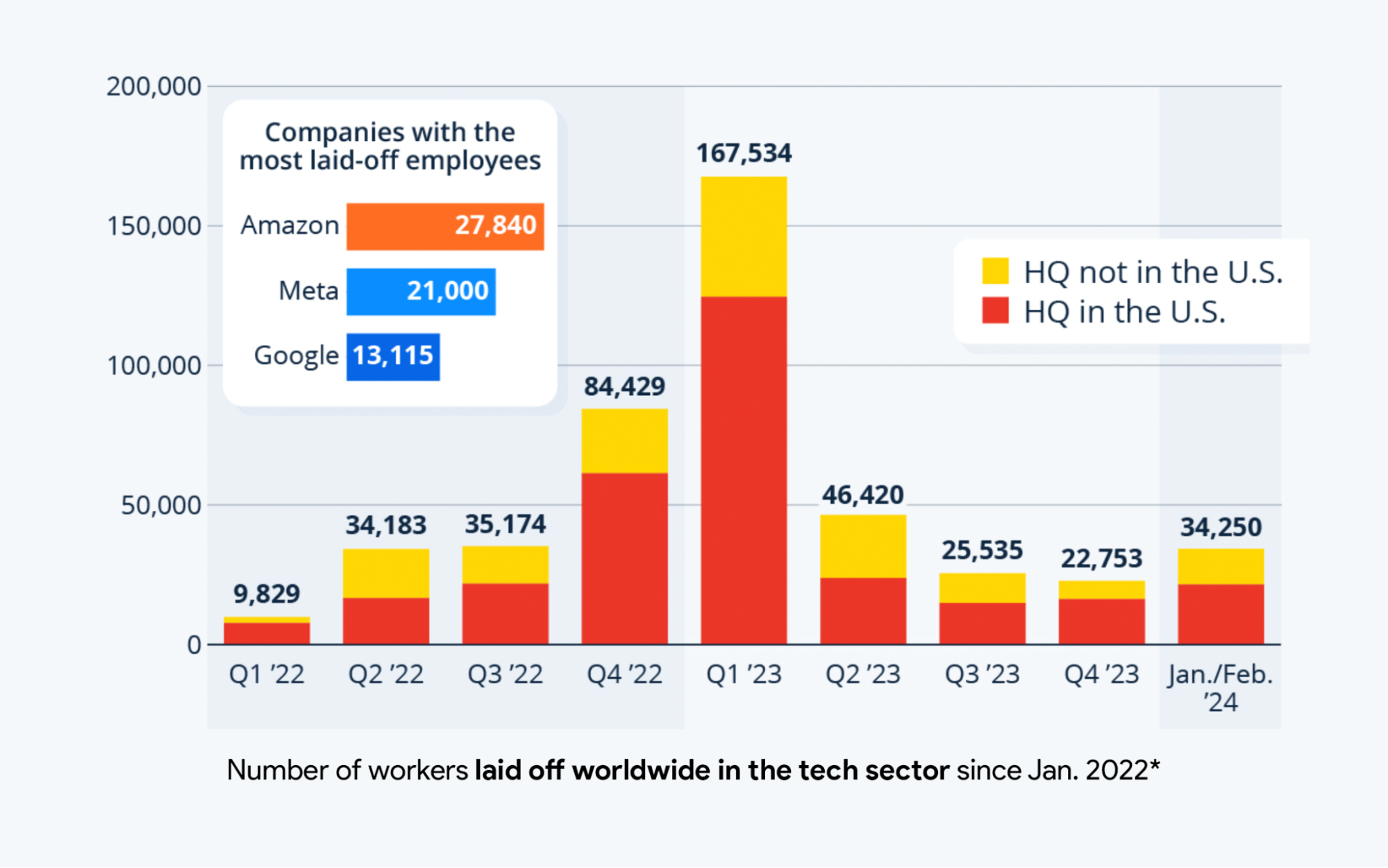
5. Work-Life Balance and Retention
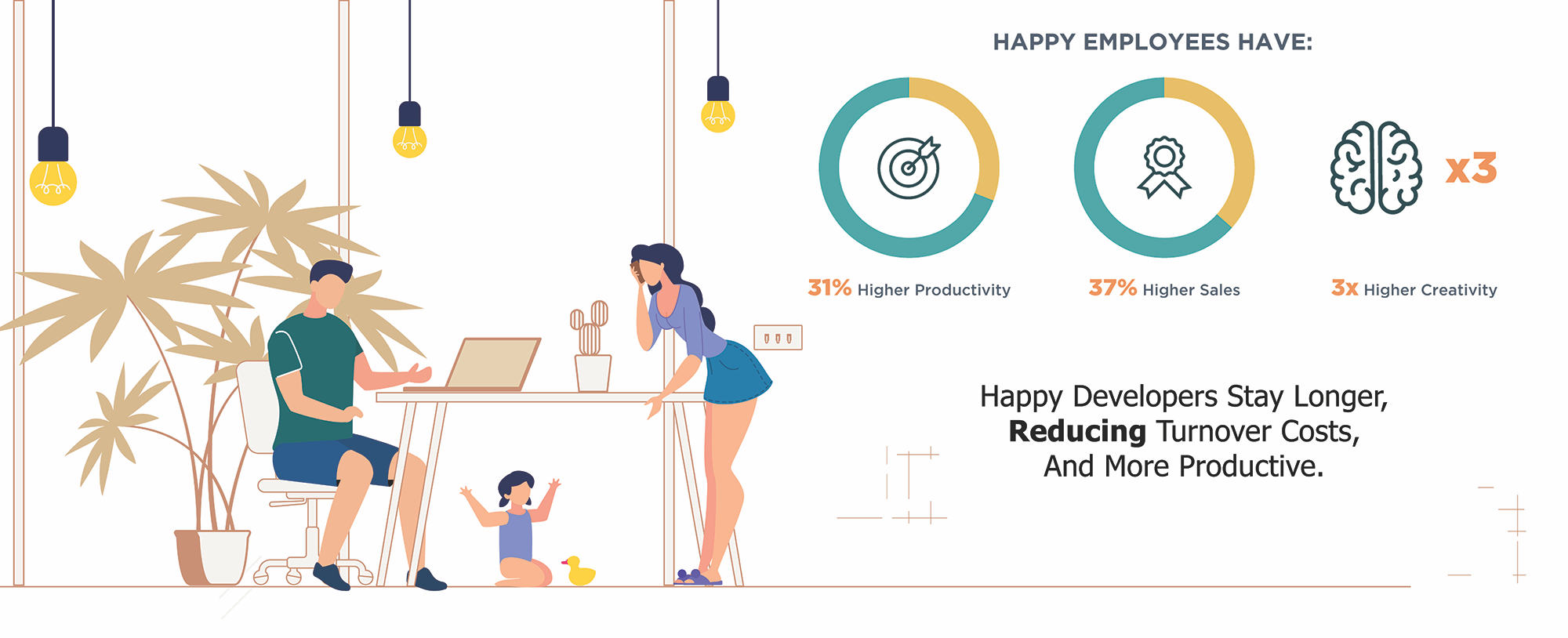
- Home-Country Advantage: By hiring in Sri Lanka, developers remain close to family, culture, and community. This improves morale, mental health, and overall job satisfaction.
- Higher Retention: Happy developers tend to stay longer with their employers, reducing turnover costs and preserving valuable institutional knowledge.
6. The Myth of “In-Person Control”

- Outdated Mindset: Traditional offices give managers a sense of control, but remote management tools now serve the same function. Platforms like Slack, Zoom, GitHub, and Jira help teams track tasks, communicate instantly, and measure results in real-time.
- AI and Collaborative Tools: AI-first approaches can streamline code reviews, project management, and real-time feedback. Offshore teams, especially in Sri Lanka, have grown accustomed to these tools, making them highly productive even across time zones.
7. Building a Sustainable Future

- Decentralizing Opportunities: Keeping skilled workers in their home countries helps spread wealth and build stronger local economies. In Sri Lanka, the tech sector’s growth directly benefits communities, creating more jobs and fueling innovation.
- Environmental Impact: Avoiding frequent international relocations cuts down on carbon emissions from flights and reduces the strain on overcrowded tech hubs in the U.S.
- Social Responsibility: This model supports inclusive growth. Companies can thrive globally without uprooting talented individuals from their families and cultures.
Conclusion
Offshore development in Sri Lanka stands out as a smarter and more compassionate alternative to relocating developers to the United States. The lower cost of living, robust tech growth , and rapid improvements in remote collaboration technologies prove that teams can be just as if not more effective overseas. Meanwhile, developers avoid the stressful visa process and toxic political climate that often come with moving to the U.S.
The takeaway is clear: With the right processes, technology, and focus on quality, offshore development can offer the best of both worlds world-class talent for businesses and a better work-life balance for developers. As companies like Codimite have shown, a global approach doesn’t just benefit the bottom line, it creates a more equitable and sustainable future for everyone involved.
